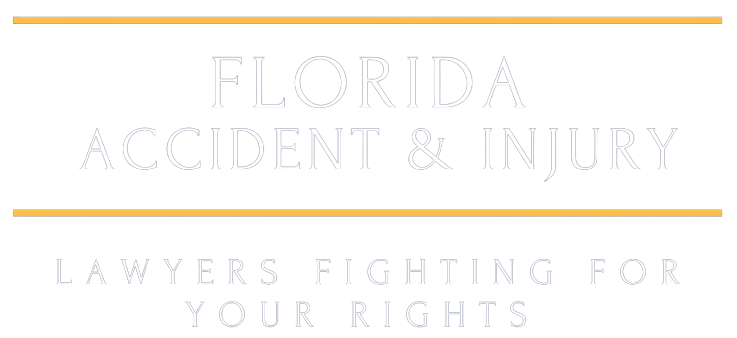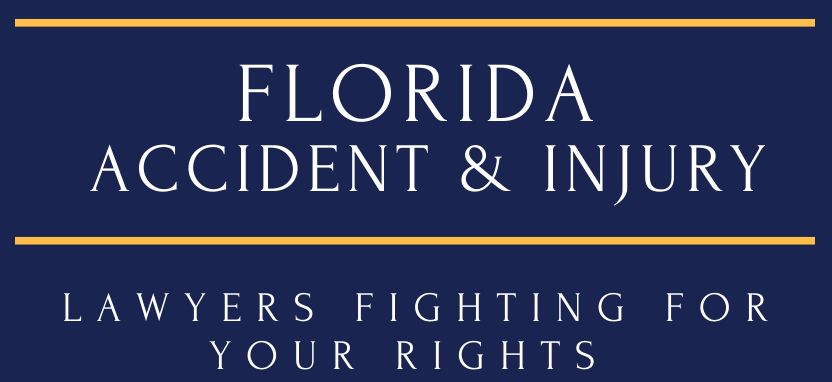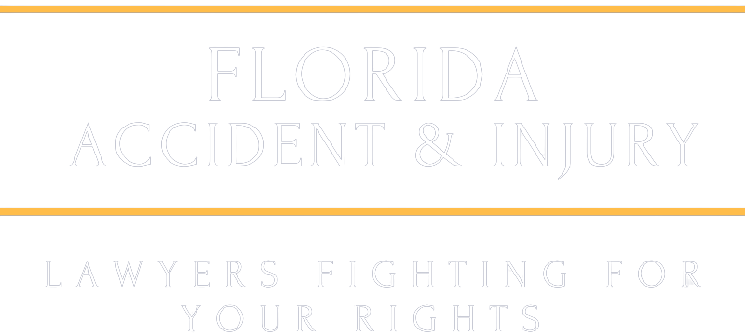
5 Common Pieces of Evidence Used to Create an Airtight Injury Case
Florida is no stranger to heavy traffic, bustling highways, and busy streets, all of which contribute to a high number of accidents across the state. For those who experience the aftermath of a collision, the road to recovery often involves more than just physical healing. In fact, proving your injury case can be full of challenges and speed bumps. Building a strong injury case requires collecting and presenting the best evidence. Lawyers specializing in accident cases, such as motorcycle or truck accident lawyers in Florida, play a critical role in this process. They combine legal expertise with access to investigative resources to ensure that every piece of evidence is preserved and utilized. 1. Photographic Evidence Collected by Experts Photographs provide an objective visual representation of an accident and its aftermath. Attorneys often collaborate with investigators or accident reconstruction specialists to capture and analyze these critical details. Vehicle damage and skid marks: Pictures of the vehicles and road conditions help illustrate the force of the collision and identify contributing factors. Injuries at the scene: Florida lawyers often recommend immediate documentation of visible injuries to establish the initial impact. Environmental factors: Images of road signs, traffic signals, weather conditions, or obstacles can help explain how the accident occurred. When Florida attorneys have access to photos taken immediately after the accident, they can help preserve and present evidence that is difficult to dispute in court. 2. Medical Records Secured Through Legal Channels Medical records are foundational to proving the severity and cause of injuries. Florida injury lawyers work closely with healthcare providers to obtain and use these documents to build a compelling case. Comprehensive treatment history: Records detail emergency care, ongoing treatments, and required rehabilitation. Medical bills and reports: Highlight the financial burden of injuries and establish a connection to the accident. Expert analysis: Medical experts can testify about the long-term implications of injuries, especially in cases handled by a motorcycle accident lawyer in Florida. By leveraging these resources, attorneys provide a clear narrative of an accident’s physical and financial toll. 3. Witness Testimony Coordinated by Legal Teams Witnesses add credibility to an injury case by offering perspectives that support the claimant’s version of events. Florida lawyers frequently reach out to witnesses and gather detailed statements. Eyewitness observations: Statements from bystanders or other drivers are essential to clarify what occurred. Passenger accounts: Those involved in the accident can offer insight into driver behavior and actions leading to the crash. Expert witnesses: Florida lawyers may engage accident reconstruction specialists or engineers to provide professional assessments of the crash dynamics. Attorneys understand how to preserve and present witness testimony to strengthen a case and prevent the loss of key details. 4. Police Reports Used for Objective Analysis Police reports are vital for providing an official, unbiased record of the accident. Florida lawyers rely on these documents to establish liability and highlight critical details. Accident summary: Police reports often include diagrams and narratives that clarify the sequence of events. Citations or violations: If a driver is cited for speeding, running a red light, or distracted driving, this information significantly bolsters the case. Statements at the scene: Notes from the responding officer often include admissions or observations that can support the injured party’s claim. Experienced attorneys ensure police reports are appropriately integrated into the legal strategy, using them to substantiate arguments in court or during settlement negotiations. 5. Digital Evidence Uncovered Through Advanced Technology In the modern age, digital evidence plays an increasingly important role in Florida injury cases. Lawyers utilize advanced technology to uncover and analyze these critical data points. Dashcam and surveillance footage: Cameras often capture the accident or the moments leading up to it, providing indisputable evidence. Electronic logging devices (ELDs): For cases involving a Florida truck accident lawyer, ELDs from commercial vehicles can reveal whether the driver violated federal hours-of-service regulations. Cell phone records: If distracted driving is suspected, attorneys may subpoena phone records to determine if the driver was texting or calling at the time of the crash. Accessing and preserving digital evidence requires expertise, and Florida attorneys have the tools and background to handle these complex tasks. Florida Attorneys and Their Role in Gathering Evidence In Florida, personal injury lawyers gather, analyze, and preserve evidence to build the strongest possible cases. Their expertise in coordinating resources, from forensic investigators to medical experts, ensures every angle is covered. Legal knowledge: Attorneys understand Florida’s specific laws and regulations, tailoring evidence collection to meet legal requirements. Connections to professionals: Lawyers often work with trusted investigators, reconstruction specialists, and medical providers to strengthen their cases. Experience in negotiations: Armed with comprehensive evidence, Florida attorneys negotiate assertively with insurance companies to achieve fair settlements. Attorneys use their extensive resources and knowledge to guide accident victims through the legal process with ease and care. The Bigger Picture: Why Evidence Matters in Your Florida Injury Case Evidence is the foundation of any successful injury case. In Florida, its role is even more critical due to the state’s comparative negligence laws. Every detail must be documented and presented effectively to counter insurance companies that may attempt to minimize or deny claims. A Florida attorney’s ability to gather and interpret evidence ensures accident victims have the support they need to secure justice. For those facing the aftermath of an accident, partnering with a skilled lawyer ensures that no piece of the puzzle is left behind.



